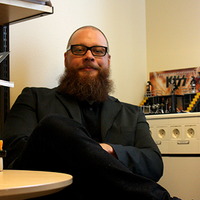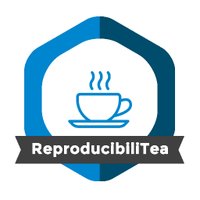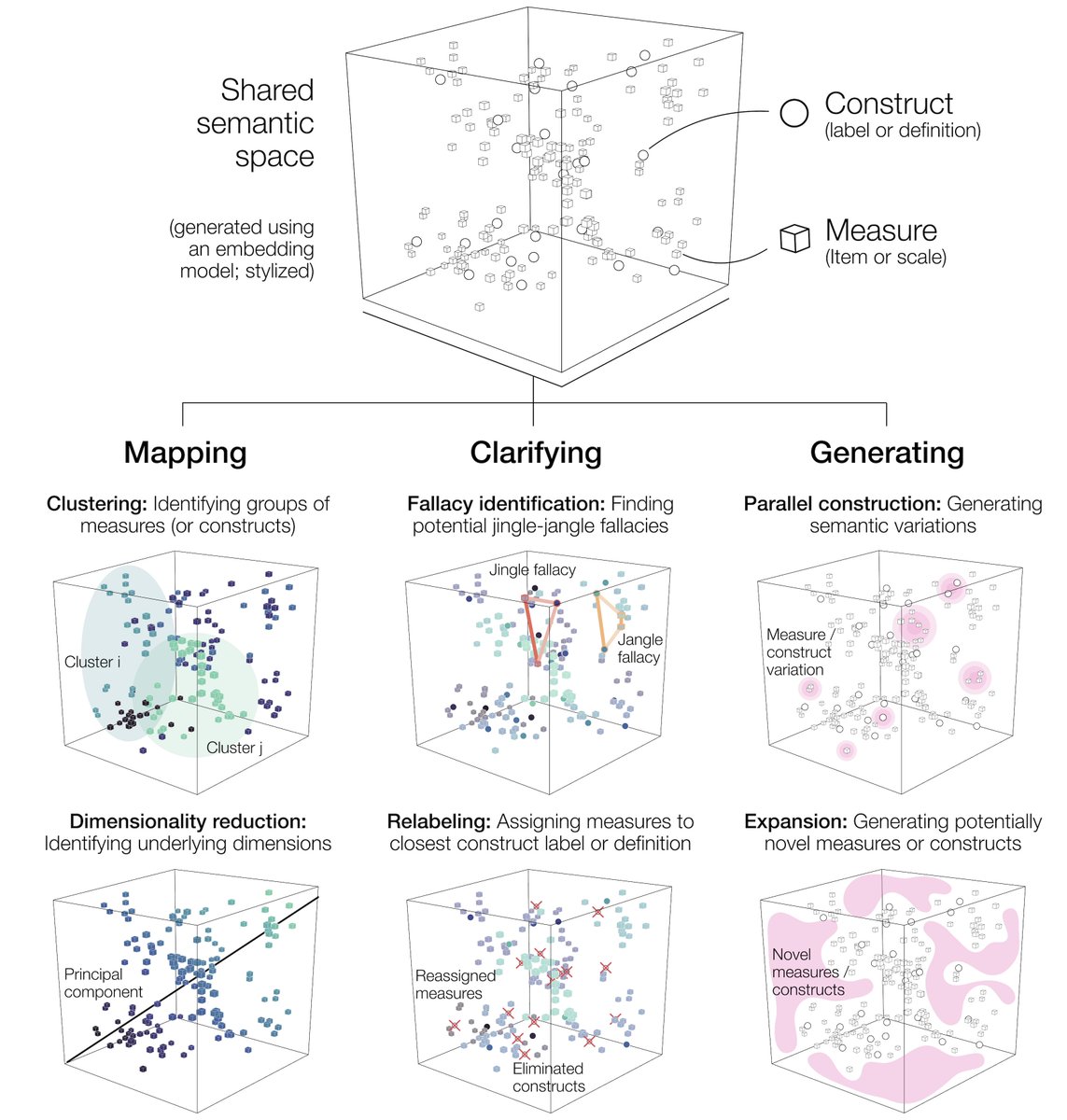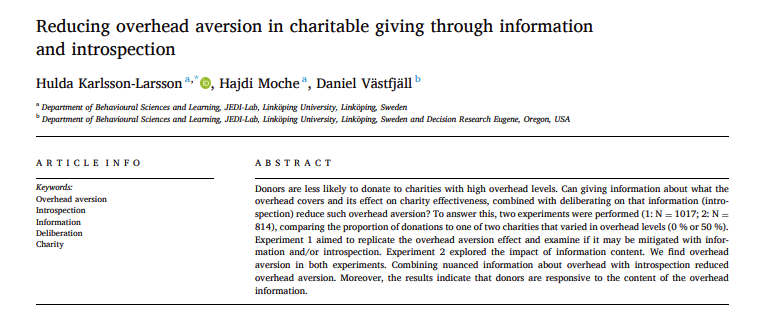
Gilad Feldman
@giladfeldman
Social psychology, judgment/decision-making, agency, & action. Open/meta science. (Peer Community in) Registered Reports, mass replications, & meta-analyses.
ID: 469232894
https://mgto.org/resume-cv/ 20-01-2012 11:21:37
34,34K Tweet
6,6K Takipçi
6,6K Takip Edilen


New paper with Ike Silver and Deborah Small just out at Psychological Science: People often compare bad acts to other bad acts. Is it worse to kill two people than to kill one? Should someone who assaulted an adult be punished less than someone who did the same to a child?



New replication & extension paper out in RSOS via PCI Registered Reports (@[email protected]) - led by Zöe June Horsham and orchestrated by Gilad Feldman. royalsocietypublishing.org/doi/10.1098/rs…



1/ In our recent paper with ☠️ Duygu Uygun-Tunc ☠ (philsci-archive.pitt.edu/25196/), we defend the use of conventional alpha levels (e.g., 0.05, 0.01, or 5 sigma) in scientific inference. We challenge the claim that these thresholds should be set in a value-laden or context-dependent way. 🧵👇


Can analysis blinding help prevent post-publication "fruitless discussions and tension" between original authors and #replication teams, while still preserving healthy debate? New perspective/opinion from Alexandra Sarafoglou and Suzanne Hoogeveen doi.org/10.1525/collab…








The academic impact of open science: systematic review findings presented by Dr Thomas Klebel Thomas Klebel youtu.be/0jPSWqYKQEM The event was organised by ReproducibiliTea UEA






